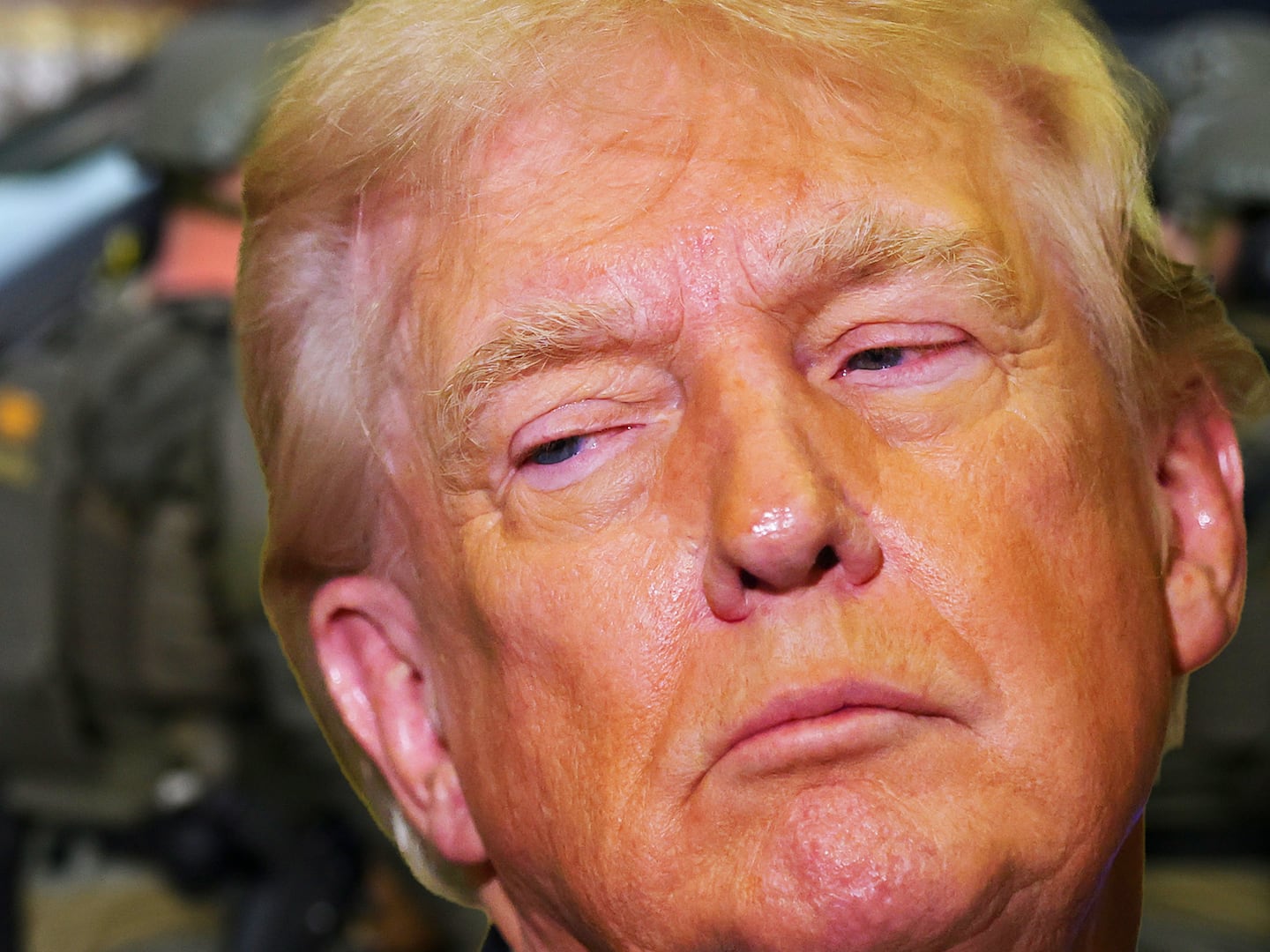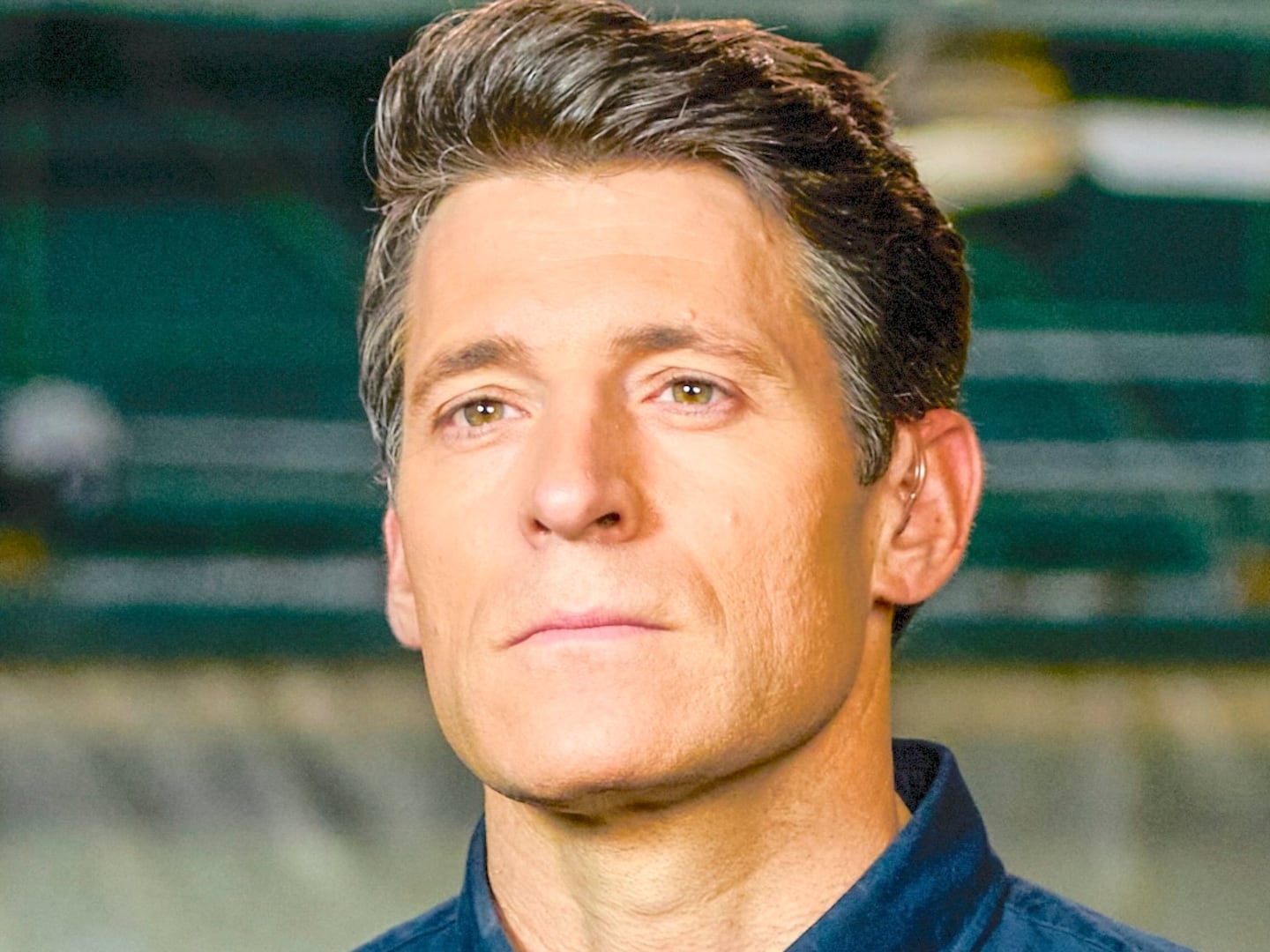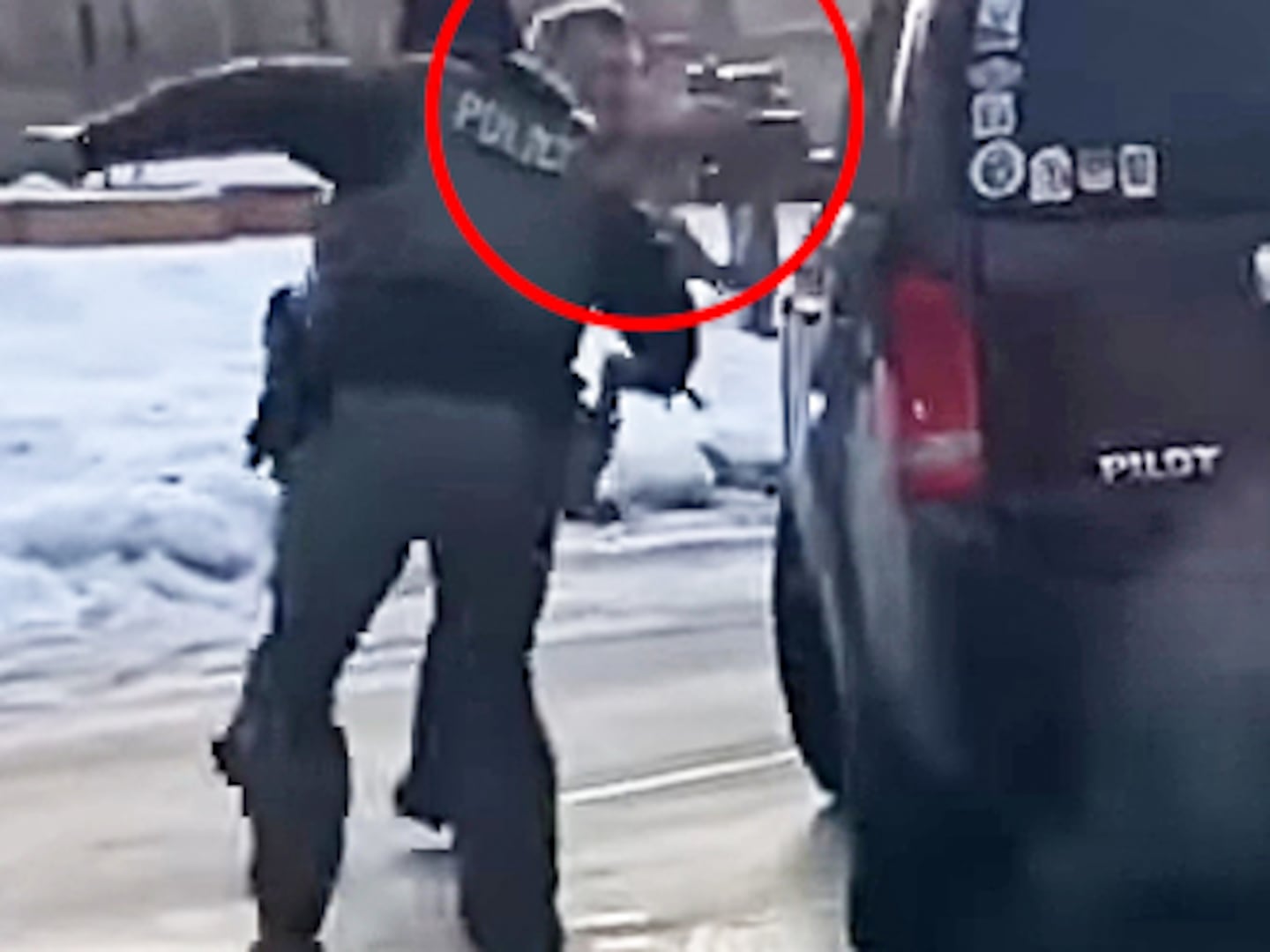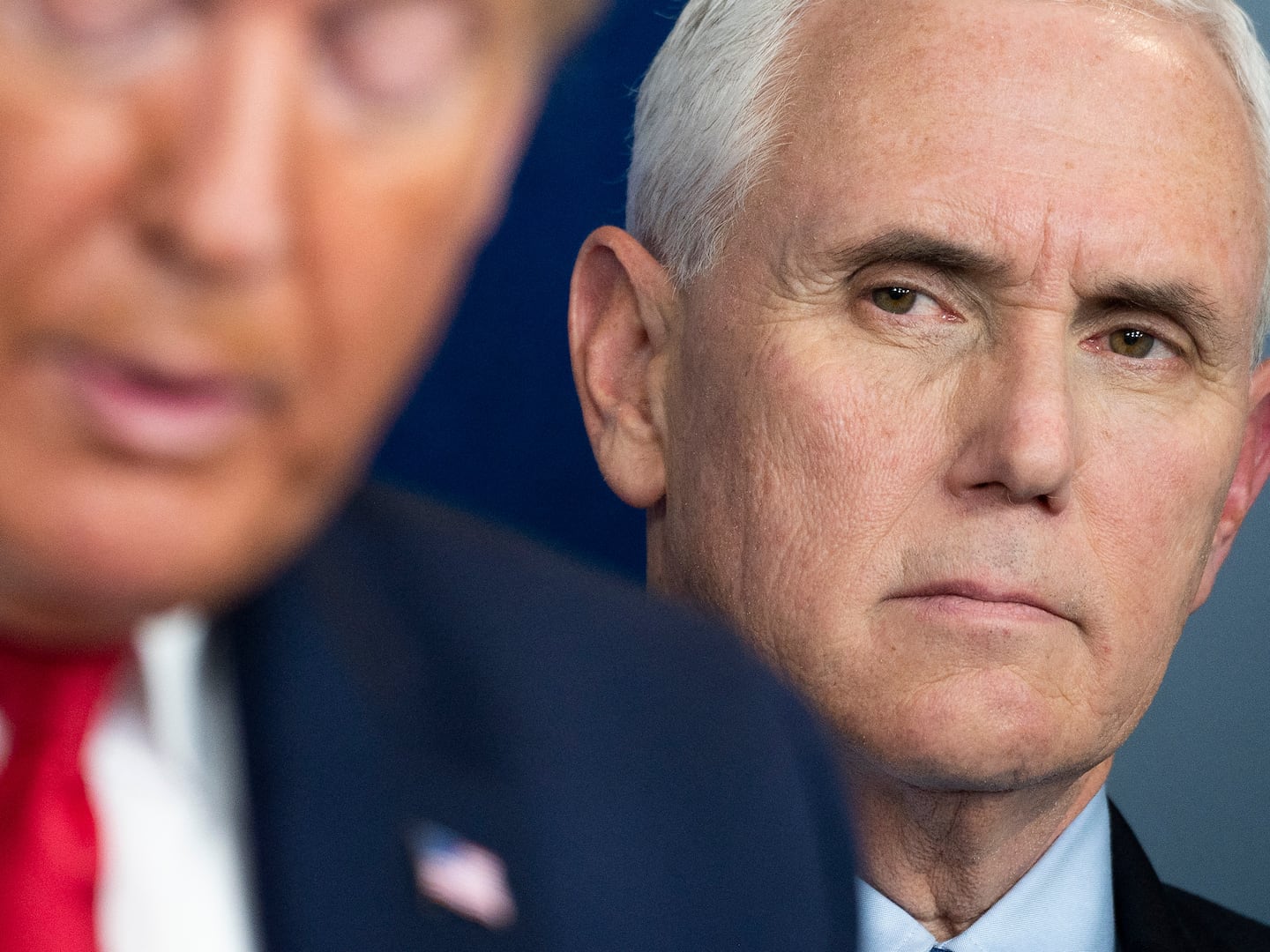A high-ranking officer in the U.S. Africa Command on the night of the Benghazi attacks is now saying that the U.S. military did not try and was never even ordered to save the Americans under attack at the U.S. diplomatic outpost on the September 11, 2012 attack.
In explosive testimony before the House Committee on Oversight and Government Reform, retired Air Force Brigadier General Robert Lovell said bluntly about the military’s response on the night of the Benghazi attack: “The discussion is not in the ‘could or could not’ in relation to time, space and capability, the point is we should have tried.”
In many ways, this contradicts the testimony of more senior military officers, such as a former chairman of the joint chiefs of staff, Admiral Mike Mullen, who have said the assets were not in place on the night of the attack to get to the Benghazi diplomatic post and nearby CIA annex in time to make a difference.
On the evening of the attack a CIA team did get to the U.S. diplomatic compound in time to save all but two U.S. officials: U.S. Ambassador Chris Stevens and a State Department officer, Sean Smith. That team fought their way back to the CIA annex with other Americans and sustained a low-level firefight throughout the evening. A second team from Tripoli arrived in Benghazi after commandeering an airplane and being delayed at the airport. Then, at around dawn, two well-aimed mortar shots killed two more former Navy SEALS, Tyrone Woods and Glen Doherty.
A report from the House Armed Services Committee as well as the State Department’s own Accountability Review Board report on the Benghazi incident concluded that no military assets were in place to get U.S. personnel to Benghazi in time. On Thursday, Rep. Howard "Buck" McKeon, the Republican chairman of the House Armed Services Committee, said Lovell was not in a position to comment on military options for the night of the attacks. "BG Lovell did not serve in a capacity that gave him reliable insight into operational options available to commanders during the attack, nor did he offer specific courses of action not taken," he said.
Lovell, who served as the deputy director for intelligence for Africa Command on the night of attacks and was in a secure facility monitoring the situation, agreed that military assets were not in place to get to Benghazi for the initial attack in his testimony
But he also said, “We didn’t know how long this would last when we became aware of the distress nor did we completely understand what we had in front of us, be it a kidnapping, rescue, recovery, protracted hostile engagement or any or all of the above.”
He added, “But what we did know quite early on was that this was a hostile action. This was no demonstration gone terrible awry.”
Lovell also said the State Department never asked the military for backup that evening. “Basically, there was a lot of looking to the State Department for what they wanted and the deference to the Libyan people and the sense of deference to the desires of the State Department in terms of what they would like to have,” he said when asked why no request was made. McKeon, however, disputed this. “The Armed Services Committee has interviewed more than a dozen witnesses in the operational chain of command that night, yielding thousands of pages of transcripts, e-mails, and other documents,” he said. “We have no evidence that Department of State officials delayed the decision to deploy what few resources DoD had available to respond.”
On the Sunday following the attack, then-U.S. Ambassador to the United Nations Susan Rice described the attacks as a protest against an Internet video depicting the life of the Muslim prophet Mohammed. Throughout the Muslim world, demonstrations sprung up outside U.S. embassies on September 11, 2012.
Lovell said the military lacked any direction from Washington that evening. “My observation was they were still looking for more decisions,” he said when asked about whether U.S. military officers at Africa Command had been given the proper orders to respond to the attack.






